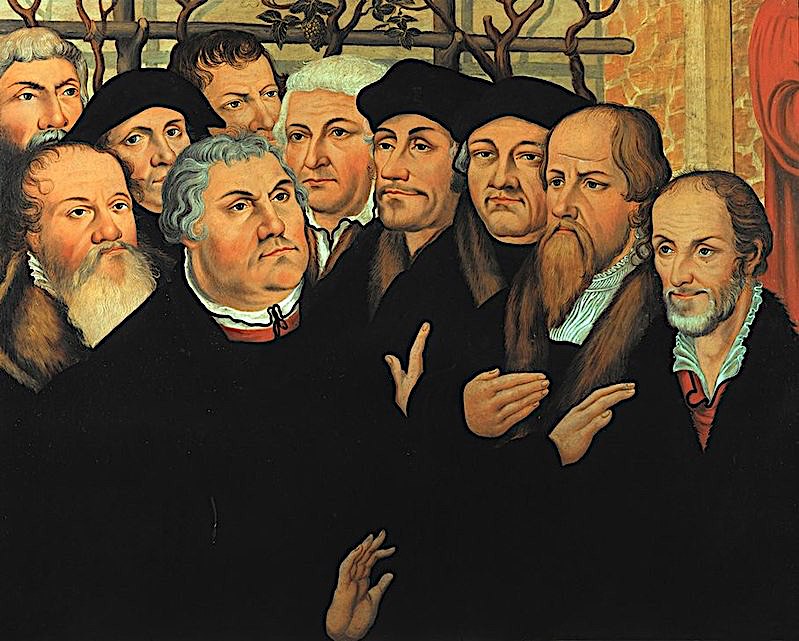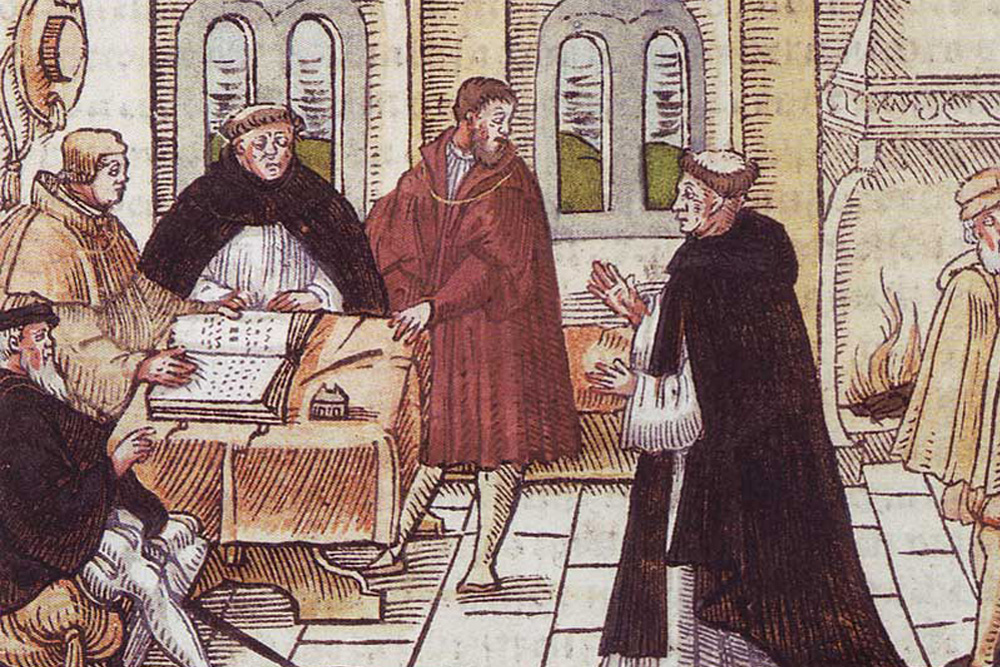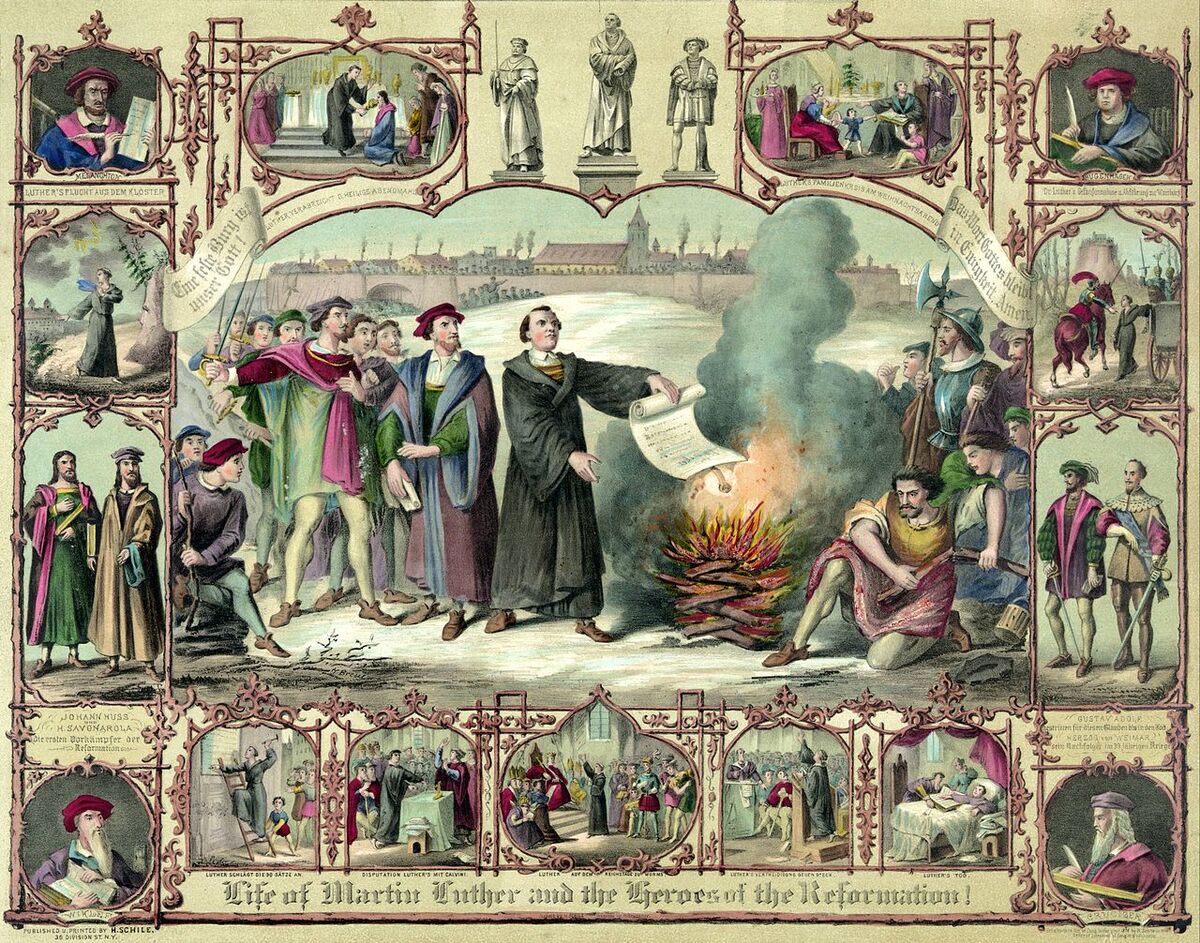


The Protestant Reformation, initiated in the 16th century, was a transformative movement within Christianity that spanned from the late Middle Ages to the early 17th century. Its primary goal was to return to the original sources and forms of Christianity.
The Reformation was driven by a diverse array of actors, including theologians, preachers, kings, princes, intellectuals, peasants, and members of the bourgeoisie. Motivated by religious, political, and economic factors, it profoundly reshaped European societies and cultures. Its influence extended beyond Europe, notably to North America, and to a lesser extent, South America and Asia.
Emerging from debates on salvation and the role of the Catholic Church, the Reformation reflected a culture marked by deep anxiety about eternal life. It also stemmed from widespread criticism of the Roman Church, particularly its practice of selling indulgences. Initially close to Catholicism, the movement increasingly distanced itself, rejecting the worship of saints, the veneration of the Virgin Mary, and engaging in significant iconoclastic actions.
The Reformation arose in a period marked by the growing dissemination of writing and literacy. It was closely associated with a burgeoning culture among the bourgeoisie and educated elites, who had access to universities founded in the Middle Ages by princes and the Catholic Church. Reformers leveraged the printing press to distribute the Bible in vernacular languages—most notably German, following Martin Luther’s groundbreaking translation.
A central motivation of the reformers was a desire to return to the text of the Bible, guided by the principle of Sola Scriptura ("By Scripture Alone"), a key tenet of early Protestant reformers like Martin Luther.
The Reformation also carried significant political implications. For German princes, it became a means to assert independence from the Holy Roman Empire. For monarchs, it offered an opportunity to reject papal authority, while in places like Scotland and the Spanish Netherlands, it fueled popular revolts against unpopular rulers. The Reformation’s political dimension contributed to numerous conflicts, including clashes between the Habsburg emperor and German princes, as well as religious wars in France, England, and Scotland.
The movement’s origins can be traced to October 31, 1517, when Martin Luther, then a Catholic monk, published his 95 Theses in Wittenberg. However, its roots extend back to the late Middle Ages. The Reformed faith spread across the Holy Roman Empire, propelled by figures such as Ulrich Zwingli in Zurich, Matthieu Zell and Martin Bucer in Strasbourg, and later John Calvin in Paris, Strasbourg, and Geneva. By the mid-16th century, the Reformation had influenced much of Northwestern Europe.
Efforts at reconciliation with the Catholic Church ultimately failed, resulting in a definitive split. The Reformation’s conclusion is often dated to key events: the Peace of Augsburg in 1555, which established a measure of religious tolerance; the conclusion of the Council of Trent in 1563, which marked the Catholic Church’s formal response; or the Treaty of Westphalia in 1648, which ended the Thirty Years’ War and established the political and confessional framework of the classical age.

